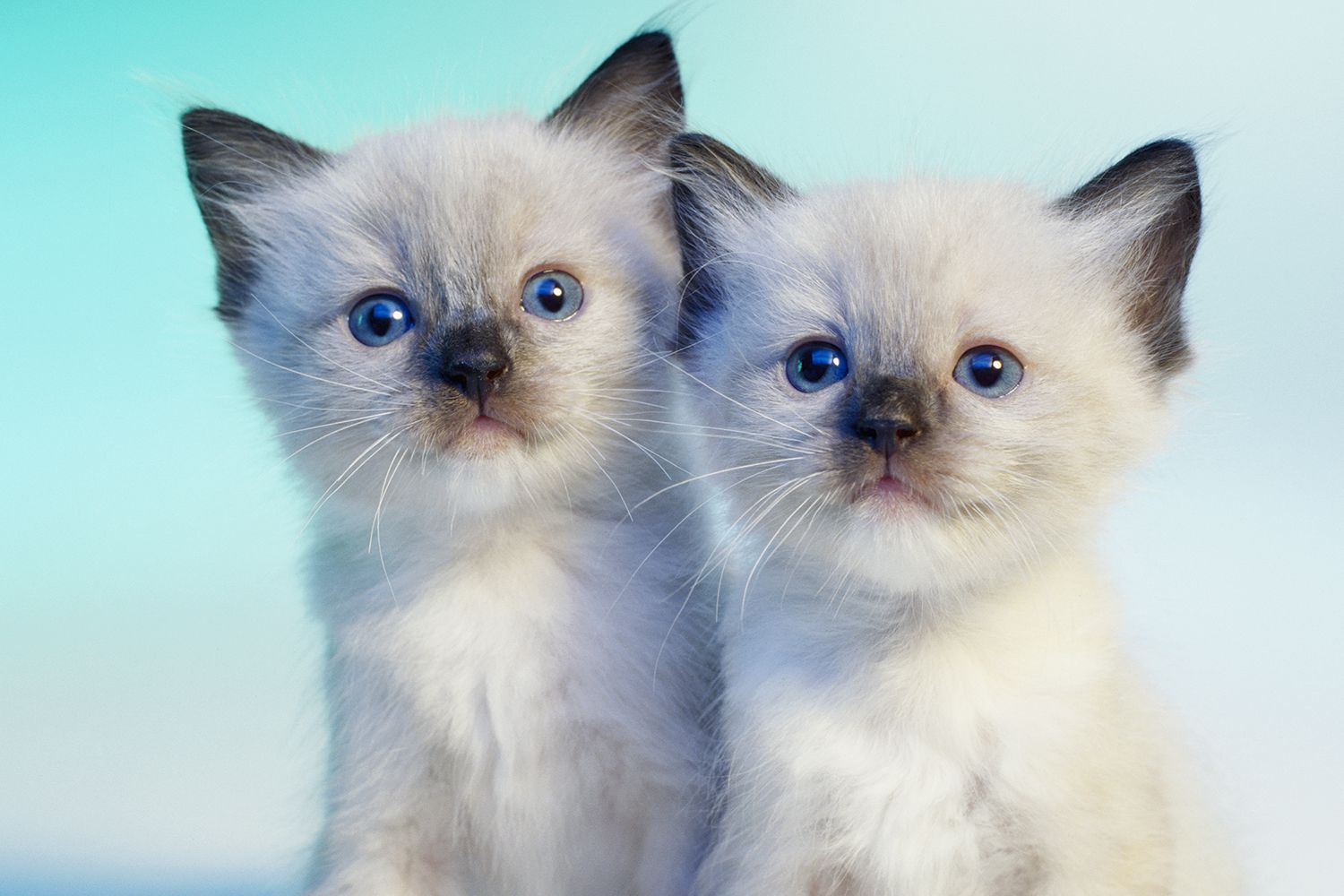As biotechnology advances, cat lovers in the UAE are discovering a way to preserve a piece of their beloved feline’s legacy — through cloning. While the idea may seem futuristic, cloning a cat is now a scientific reality. In this article, we’ll walk you through how the process works, what it costs, how long it takes, and how to prepare — especially when your cat is still alive.
What Is Cat Cloning?
Cat cloning is the process of creating a genetically identical copy of a cat using living cells. The procedure typically starts with a biopsy to collect skin or muscle tissue containing viable cells. These cells are cultured and used to create embryos, which are then implanted into a surrogate mother cat, who gives birth to the cloned kitten.
Cloning does not alter your cat’s DNA or introduce any form of genetic modification. The cloned kitten will typically resemble the original in appearance and may inherit traits such as intelligence, personality quirks, and behavior patterns.
How Long Does It Take?
The full process, from tissue biopsy to receiving your cloned kitten, usually takes 6–10 months. Cloning is not always successful on the first attempt. One cat owner, Stewart, shared her experience with CTV News, noting that she went through four embryo transfers using her cat Bear’s DNA before finally welcoming two successful clones, Bear Bear and Honey Bear. "It’s not uncommon to have multiple tries to make sure that the embryos can successfully grow into fetuses and become kittens," she explained.
The Importance of Timing: Biopsy After Death vs. While Alive
If your cat has just passed away, you have a window of 1–3 days to take a tissue biopsy — but only if the body is kept in a refrigerator at +4°C, not in the freezer. Freezing a body drastically reduces the chance of extracting viable cells. In fact, one of our clients in Saudi Arabia stored their cat’s body in a clinic freezer for a month — the chance of recovering live cells dropped to less than 5%.
If your cat is seriously ill or elderly, you can avoid this stress by planning in advance. We always recommend speaking to your veterinarian and performing a small, safe biopsy while your cat is still alive. The recommended biopsy size is less than 1 cm² for live cats, taken from skin or muscle, and done under anesthesia to minimize discomfort.
What Happens During a Biopsy?
A veterinarian will take a small sample of skin or muscle — or the tip of the ear, which is highly viable even after death. The tissue is rinsed with PBS (phosphate-buffered saline), transferred into a sterile tube with antibiotics, and packed in a thermally insulated box with ice packs. The sample should be transported quickly to the biobank.
Key instructions from the official cloning sample collection protocol include:
- Never freeze the body or sample
- Always keep the sample at ~4°C
- Use PBS + antibiotics for transportation
- Preferably use a thermos with ice packs that last at least 12 hours
How Much Does Cat Cloning Cost in the UAE?
The full cost of cloning a cat in the UAE typically starts around $75,000, including:
- Biopsy and sample processing
- Cell culture and embryo creation
- Surrogate pregnancy and delivery
- Postnatal veterinary care for the kitten
There may be additional charges for home biopsy or urgent coordination.
Is It Ethical to Clone a Cat?
Cloning is not about bringing your cat back from the dead — it’s about preserving their unique genetic traits. While the cloned cat may look the same and share similar behaviors, each animal will still develop its own personality based on environment and upbringing. As with any new technology, the decision is personal. We encourage pet owners to ask questions and consult with professionals.
Why Choose Cloning in the UAE?
The UAE is becoming a regional hub for advanced biotechnology, including cloning services for pets. Skytyx works with leading international laboratories and offers local support for every step of the process, from consultation and biopsy coordination to sample shipment and post-cloning guidance.
Final Thoughts
If you're considering cat cloning, the best time to act is before it's urgent. Biopsy is quick and safe while your pet is alive — and it gives you the freedom to decide later. If your cat has already passed away, act fast and keep the body in the fridge, not freezer.
Cloning is no longer science fiction. For many, it’s a meaningful way to keep a part of their companion with them. If you’re in the UAE or Saudi Arabia and want to understand whether cloning is the right choice for your pet, Skytyx is here to help you every step of the way.
